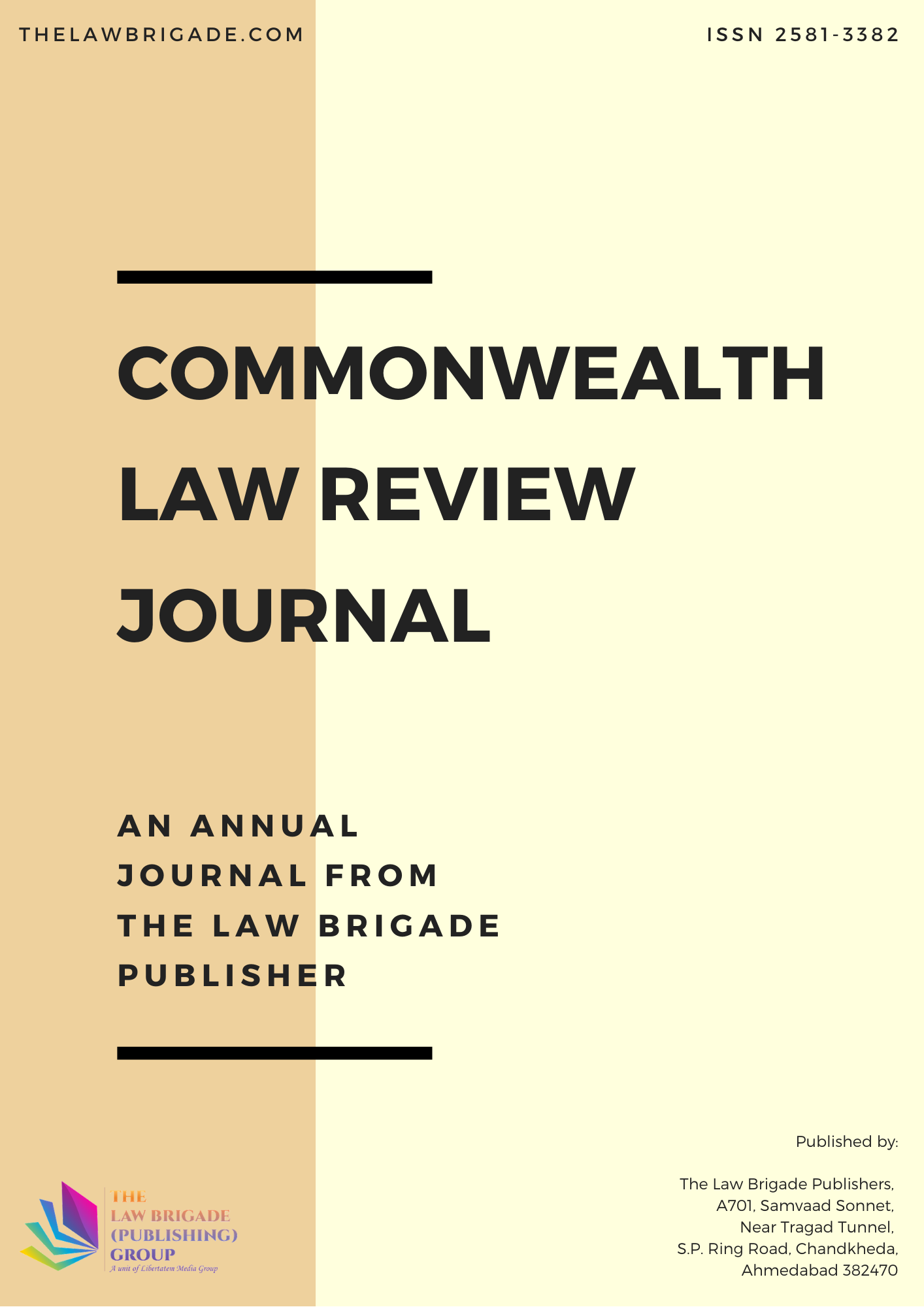Courts in Tanzania Mainland has been entrusted with the responsibility of dispensing justice to individuals.[i] In order to respond to the constitutional principle which requires courts to dispense justice without delay, the parliament has enacted a number of statutes both substantive and procedural to guide courts in determining individual rights and duties. The Civil Procedure Code[ii] and Criminal Procedure Act[iii] are among the procedural laws which have been enacted by the parliament to enable courts to dispense justice to individuals without delay. The procedures laid down in these two pieces of legislation cited herein above, has to be followed by courts in determining individual rights and duties. Timely delivery of justice to individuals does not depend only on the speed the magistrate or a judge puts in determining a particular case but also the procedures to be followed by that magistrate or judge in reaching to a final and conclusive decision. Fauz Twaib in his article[iv] was of the view that procedural law governing civil suits in Tanzania Mainland is designed in such a way that if properly observed by courts may facilitate to reduce delay in determining suits filed before the court. However, the delay in determining civil suits. by courts in Tanzania Mainland is caused by magistrates, judges, lawyers as well as litigants themselves.
[i] Constitution of the United Republic of Tanzania 1977, Cap 2 of the Revised Laws
[ii] Chapter 33 Revised Edition 2019
[iii] Chapter 20 Revised Edition 2019
[iv] Legal Empowerment of the Poor: Access to justice and the Rule of Law, p. 17





